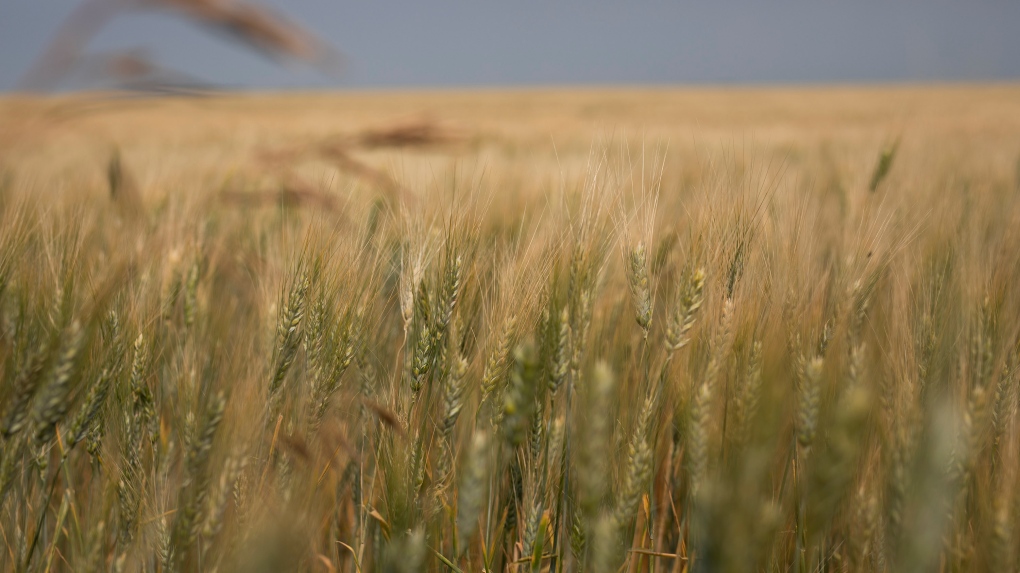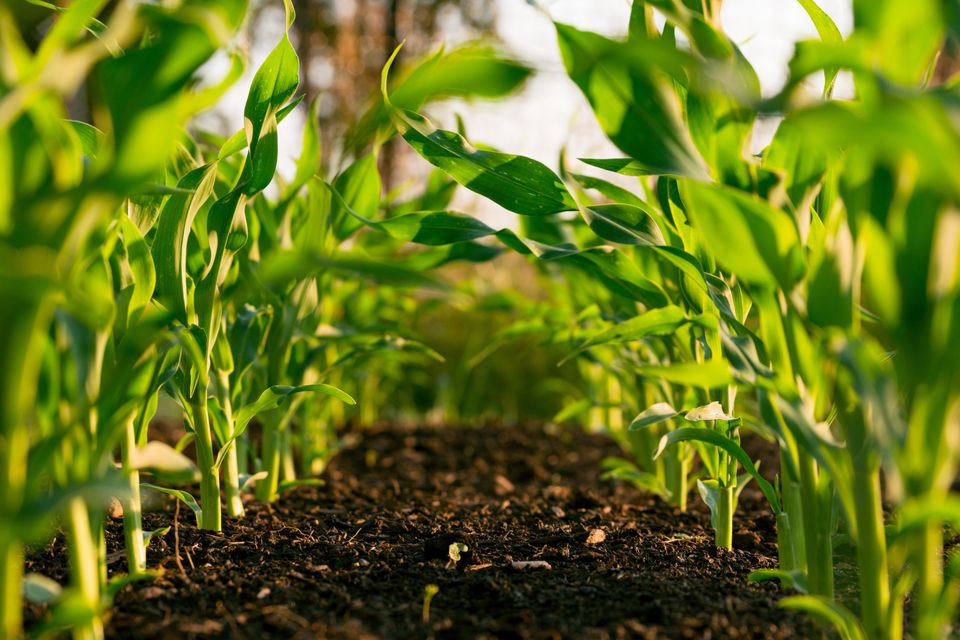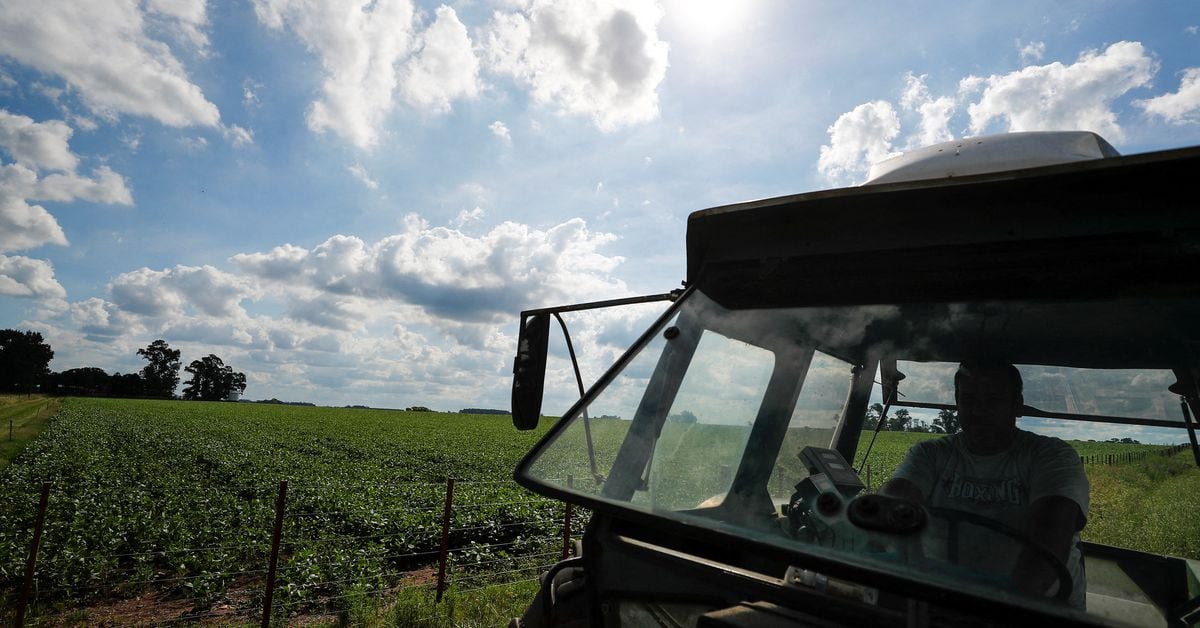Cooking oil and wheat flour: Empty shelves in German supermarkets
14 mar 2022 4:25 p.m
In some places it was already evident over the weekend:
Sunflower oil and wheat flour are hard to come by. The oil is already completely sold out at the discounter Lidl, and Aldi Süd is rationing cooking oil to two liters per household. Cheap flour is becoming scarce at Edeka. Toilet paper is also increasingly being hoarded.
The effects of the war in Ukraine and the sanctions can already be observed in German supermarkets and discounters.
Sunflower and rapeseed oil are becoming scarce at Aldi, Rewe, Edeka and other grocers, like that
Focus reported.
In Berlin, the corresponding shelves at Edeka or Lidl were already emptied on Saturday. Aldi has already reacted and limited the amount of cooking oil sold per household.
A saleswoman said to a customer in the Aldi market in Fürstenfeldbruck, Bavaria:
“We don’t get any more deliveries. (…) It’s now rationed so that only two liters of oil can be sold per household.”
There are several reasons for this: In addition to a poor harvest last year and supply chains destroyed by corona measures such as lockdowns, rising production costs for cooking oil are also responsible for the lower production volume.
Now comes the war in Ukraine. The country is the largest producer of sunflower oil in the world. Russia follows in second place. In addition, Russia is the world’s largest exporter of wheat, with Ukraine in third place. German consumers can now also observe this in retail: Cheap wheat flour is hard to come by at the beginning of the week.
A similar shortage could follow for corn: Ukraine is the world’s fourth largest exporter of the yellow vegetable. No new deliveries are currently coming from the Ukrainian ports – it is completely unclear when this will be the case again. According to information from the company Ukr-AgroConsult, 500,000 tons of wheat and 1.7 million tons of corn are currently stored in the country. Sunflower oil, where Ukraine is the world’s largest producer and exporter, is also threatened by further massive shortages and price increases.
Momme Matthiesen, Managing Director of the Association of the Oilseed Processing Industry (OVID), takes a similar view. In principle, security of supply in Germany is not in danger.
But there is also a rush for another product that is particularly popular in Germany: the current run on toilet paper is reminiscent of the first lockdown in the Corona crisis. On Monday, the shelves in some cities emptied clearly.










